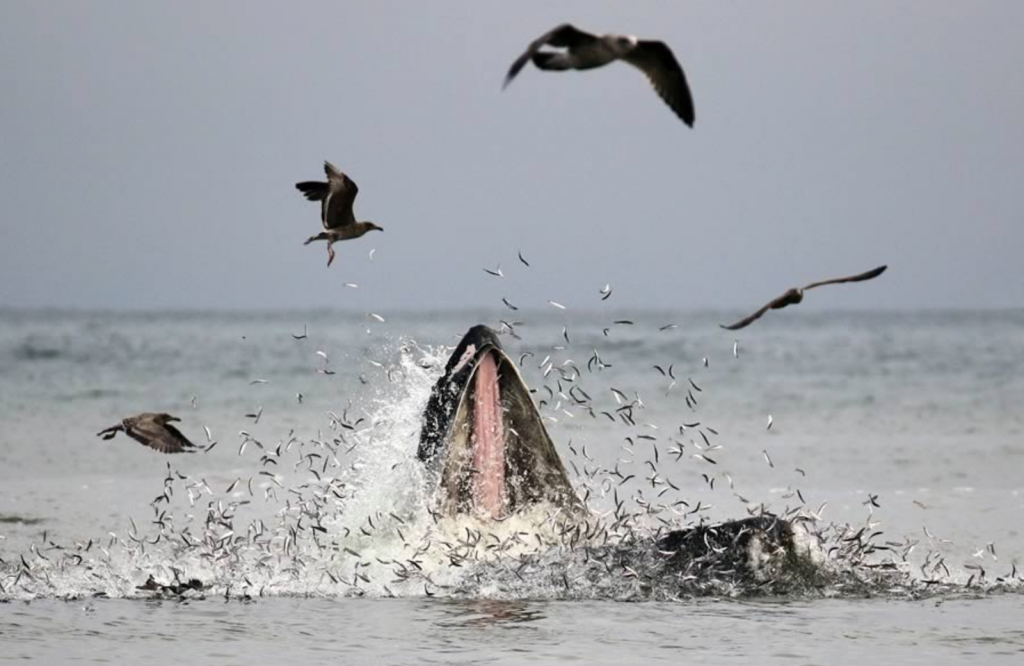Readying California Fisheries for a Changing Climate
Project Summary
“In California, the ocean supports a diversity of marine organisms and a vibrant fishing economy. However, increased greenhouse gases in the atmosphere are leading to a warmer ocean and more extreme climate variations. This has implications for the location and abundance of fish and invertebrates as well as the people who depend on these species for their livelihoods and well-being.” (Chavez et al. 2017)
This project was advanced by the California Ocean Science Trust and a Working Group of the Ocean Protection Council Science Advisory Team (OPC-SAT), in collaboration with Ocean Protection Council (OPC) staff, California Department of Fish and Wildlife (CDFW) staff, and Fish and Game Commission staff. The project culminated in the report, “Readying California Fisheries for a Changing Climate,” which was released in June 2017 along with an accompanying summary report. Guidance and recommendations from this report were incorporated into Chapter 11 of CDFW’s updated MLMA Master Plan for Fisheries.
This report evaluated four potential future ecological scenarios and proposed seven management approaches to consider when preparing for managing fisheries in a changing climate.
The report’s key messages state that:
- “Climate change has linked ecological, social, and economic consequences for all fisheries in California.
- There are existing management strategies that can make fisheries more resilient.
- We are already seeing the effects of climate change and taking action in some fisheries. These approaches can be leveraged and built upon to improve fisheries management in California.
- Collaboration with fishing communities, Tribes and Native Communities, and others can support adaptive approaches.”
Timeline: July 2015 – July 2017
Grant Amount: $100,000
Grantee: California Ocean Science Trust

Anchovy Feast by Jodi Fediani
Background
The Marine Life Management Act (MLMA, 1998) takes a holistic approach to fisheries management and focuses on adaptive decision-making, which is particularly important in the face of changing environmental conditions (MLMA section 7056(g,l)). The “effects of changing oceanic conditions on the target species” is also a required component of all Fishery Management Plans (section 7080(b)).
On June 20, 2018, the California Department of Fish and Wildlife (CDFW) adopted an updated Master Plan for Fisheries, as specified by the MLMA (section 7073). The updated Master Plan’s Chapter 11 focuses on climate change and incorporates many of the recommendations and guidance from this project.
Relevant Links
- (Chavez et al. 2017): Readying California Fisheries for a Changing Climate
- Executive Summary: Readying California Fisheries for a Changing Climate
- MLMA Master Plan
- Staff Recommendation
- Ocean Science Trust: Climate Change and California Fisheries webpage

